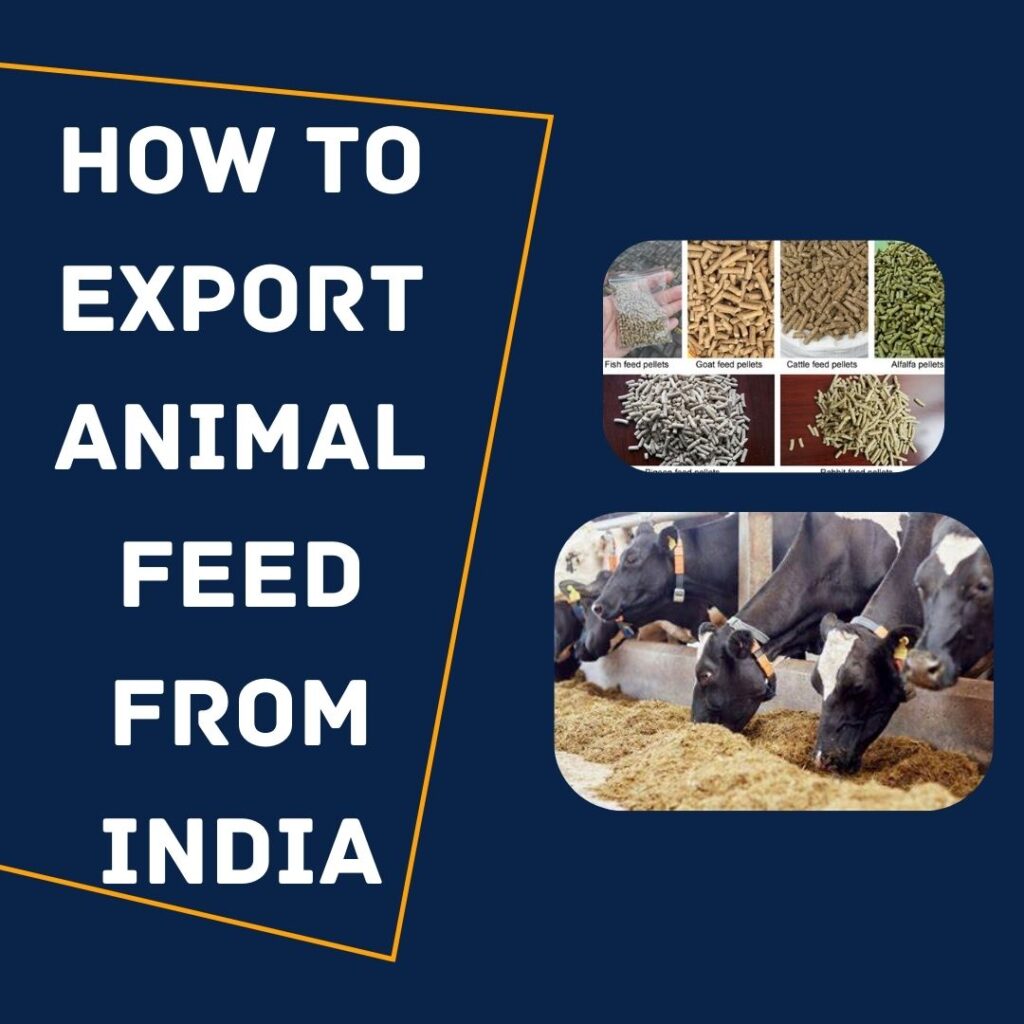Market Research: Conduct market research to identify potential markets for animal feed exports. Consider factors such as demand, competition, regulations, and market trends in target countries.
Product Selection: Choose the type of animal feed you want to export. This could include products like poultry feed, cattle feed, fish feed, etc. Ensure that your chosen product complies with the regulations of the importing country.
Quality Standards: Ensure that your animal feed meets quality standards and specifications set by the importing country. This may involve obtaining certifications or adhering to specific guidelines.
Registration and Licensing: Obtain necessary registrations and licenses for exporting animal feed from India. This may include registration with the Agricultural and Processed Food Products Export Development Authority (APEDA) and obtaining an Import-Export Code (IEC) from the Directorate General of Foreign Trade (DGFT).
Packaging and Labeling: Package the animal feed according to the regulations of the importing country. Ensure proper labeling with information such as product name, ingredients, nutritional content, manufacturing date, expiry date, and country of origin.
Export Documentation: Prepare all required export documentation, including commercial invoices, packing lists, certificates of origin, phytosanitary certificates, and any other documents specified by the importing country.
Customs Clearance: Ensure compliance with customs regulations and procedures for exporting goods from India. Submit the necessary documentation to customs authorities and arrange for customs clearance.
Shipping and Logistics: Arrange for transportation and logistics to ship the animal feed to the destination country. Choose appropriate shipping methods based on factors like cost, transit time, and the nature of the product.
Insurance: Consider obtaining insurance coverage for the exported goods to protect against loss or damage during transit.
Payment and Finance: Arrange for payment terms with the importer and ensure compliance with international trade finance practices.
Compliance with Import Regulations: Ensure compliance with import regulations and requirements of the destination country, including any restrictions or tariffs on animal feed imports.
After-sales Support: Provide after-sales support and customer service to maintain relationships with importers and ensure satisfaction with the product.
It’s important to work closely with relevant government agencies, trade associations, and legal advisors to ensure compliance with all regulations and requirements throughout the export process. Additionally, staying updated on changes in international trade policies and market conditions is essential for successful animal feed exports from India.



